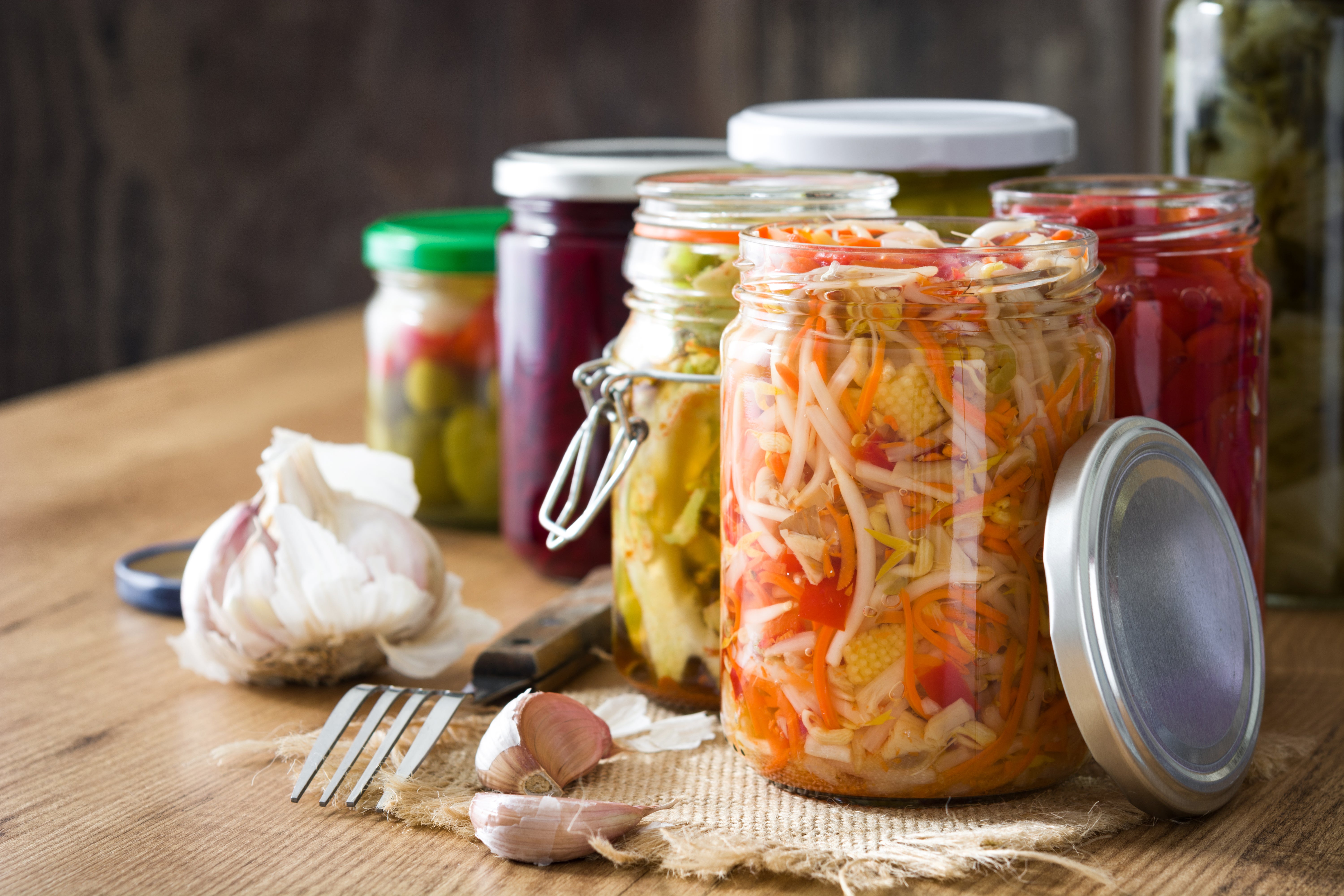A food truck in southern Italy recently became the centre of a deadly health scare. A food-borne outbreak linked to preserved vegetables killed two people and sent more than a dozen to hospital.
At the same time, the UK’s Food Standards Agency warned shoppers to avoid jars of broccoli from a specific batch code, fearing they too could contain the same hidden danger, Clostridium botulinum, the bacterium that produces the toxin responsible for botulism – one of the deadliest food-borne illnesses known.
The canning process removes air from food and seals it tightly, creating an oxygen-free (anaerobic) environment.
This is normally what keeps food safe for long storage, but it also creates the perfect conditions for C botulinum. Unlike many bacteria, it doesn’t need oxygen to grow.
Its spores, which are commonly found in soil, can survive cooking and processing. In low-acid foods such as broccoli, green beans, corn, beets and peas, if the canning process isn’t hot enough or long enough, those spores can “wake up”, multiply and release their toxin. Because the toxin is invisible, tasteless and odourless, contaminated food can look and smell perfectly normal while being deadly.

Botulism is rare but extremely serious and even a tiny amount can be deadly – just two nanograms per kilogram of body weight can be fatal.
The spores themselves are usually harmless if swallowed. But in an anaerobic environment, they can germinate and release toxins. That’s why homemade preserved foods are a common cause of outbreaks.
Why botulism is so dangerous
Botulism is caused by a neurotoxin that attacks the nerves, leading to muscle weakness, breathing difficulties, paralysis, and, in severe cases, death. Symptoms usually appear within 18 to 36 hours of eating contaminated food, but can range from six hours to ten days.
Early signs include difficulty swallowing or speaking, drooping eyelids, blurred or double vision, facial weakness, vomiting and progressive muscle paralysis, which can cause respiratory failure.
Diagnosis is tricky, as symptoms can mimic other conditions, including stroke, Guillain-Barré syndrome (a rare autoimmune disorder where the body’s immune system attacks the nerves), and myasthenia gravis (a chronic condition that causes muscle weakness due to problems with communication between nerves and muscles).
Doctors usually confirm botulism through clinical assessment and laboratory testing of serum, stool or food samples.
The main treatments for botulism are supportive care and antitoxin. Supportive care means treating the complications of the illness — for example, patients may need a ventilator if they develop breathing difficulties, or help managing infections. Antitoxin is a medication that binds to and neutralises the toxin circulating in the body. If given early, it can stop the toxin from causing further harm, though it cannot reverse damage already done. Survivors often face long recoveries with lingering fatigue and breathing problems.
There are simple but vital ways to reduce the risk of foodborne botulism.
First, never eat food from cans or jars that are dented, bulging, leaking, or discoloured. If you can your own low-acid foods, make sure you boil them for ten minutes before eating to kill spores. And make sure to use proper pressure canners and always follow tested canning instructions.
When in doubt, throw it out.
A deadly toxin with a double life
Despite its dangers, botulinum toxin also has important medical uses. When injected in minute, controlled doses, botulinum toxin can reduce muscle spasticity (a condition where muscles tighten or stiffen abnormally), treat chronic migraines, and manage conditions such as strabismus (crossed eyes) and cervical dystonia (a painful condition where the neck muscles contract involuntarily). The US Food and Drug Administration first approved it for medical use in 1989, and it has since been approved for a wide range of treatments.
Botulinum toxin works by blocking nerve signals that trigger muscle contraction, smoothing wrinkles and fine lines, and has become a global cosmetic phenomenon. But the same toxin that has medical and aesthetic benefits can also cause catastrophic harm if misused. Unlicensed or poorly regulated injections are risky – and in August 2025, botulinum toxin was linked to a deadly outbreak in the UK.
Food-borne botulism is rare but deadly. Prevention depends on safe food handling, proper canning and avoiding suspicious-looking jars and cans. And while botulinum toxin has life-saving medical uses and cosmetic appeal, outside of controlled and licensed conditions, it remains one of the most lethal substances on earth.




